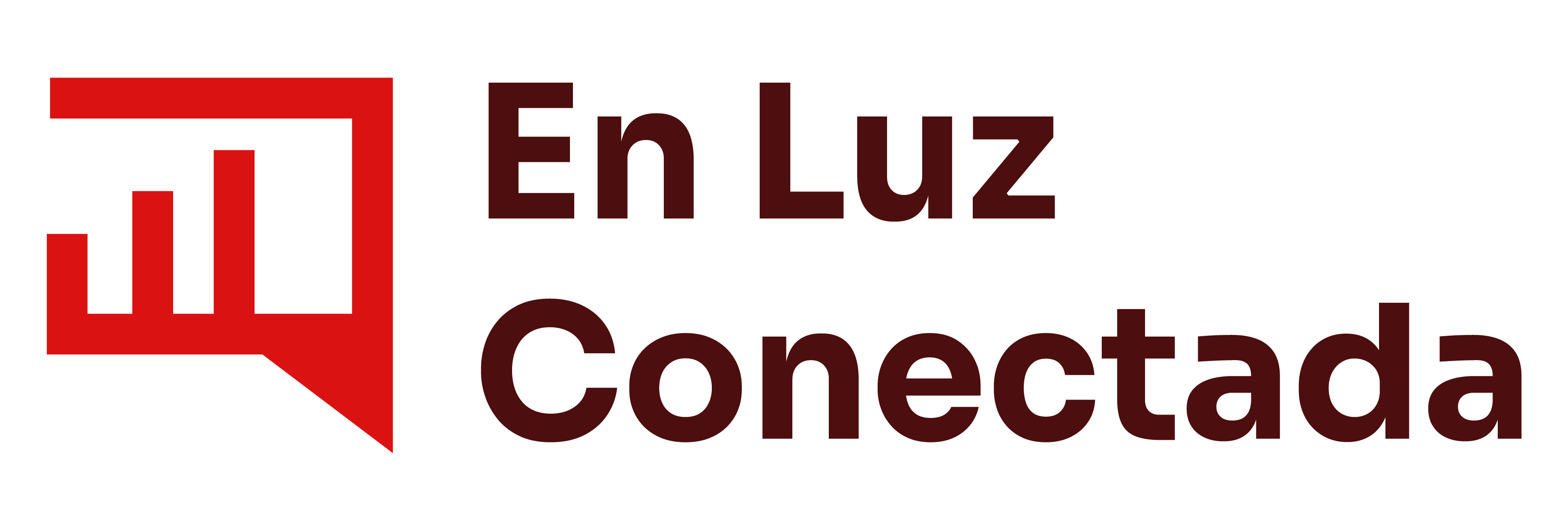Ever thought owning a car is still possible with bad credit? For many Canadians, owning a car seems like a distant dream because of their credit history. Getting a car loan can be tough, but knowing about bad credit can help.
It shows why credit scores matter in getting a loan. With this info, people can find ways to get a car loan even with bad credit.
Understanding Bad Credit in Canada
In Canada, bad credit scores range from 300 to 600. These scores show how well someone manages their credit over time. They look at payment history, how much credit is used, and how long someone has had credit.
A credit report gives a detailed view of these aspects. It helps lenders decide if they should lend money. Knowing what a credit report shows is key, as it affects loan decisions a lot.
What someone has borrowed and paid back in the past is very important. Missed or late payments can really hurt a credit score. Also, using too much of available credit can make lenders think twice about lending.
Having bad credit can make it hard to get loans. You might face higher interest rates and stricter terms. Lenders look at credit reports to figure out the risk of lending to someone. This means people with poor credit have fewer borrowing options.
In Canada, you have the right to check your credit report. You can ask for corrections and review it to make sure it’s right.
Options for Car Loans with Bad Credit
People in Canada with bad credit have many financing options for car loans. Secured loans use the car as collateral and often have lower interest rates. This makes them attractive for keeping costs down.
Unsecured loans don’t need collateral but have higher interest rates. Those with poor credit might find it hard to get these loans.
Subprime lenders offer car loans to those with bad credit. They have higher interest rates but are more likely to approve loans.
Choosing a dealership that specializes in bad credit financing is also a good option. They work with specific lenders to offer tailored loans. This makes buying a car easier and more accessible.
Peer-to-peer lending platforms are another choice. They connect borrowers with investors who lend money. This option can offer competitive rates and flexible terms. However, it’s important to research trustworthy platforms.
Tips for Improving Your Credit Score
Boosting your credit score can make getting a car loan easier. Paying bills on time is a top way to improve your score. This includes paying for utilities and credit cards on schedule.
Lowering your debt-to-income ratio is also key. Try to pay off debts and earn more money. This makes your financial health better.
It’s important to check your credit reports for errors. Look at reports from big credit bureaus and fix any mistakes. Getting help from credit counselling programs can also help manage debt and improve your score.
Many people have seen their scores go up by following these steps. They paid bills regularly and managed their debt well. These actions help you control your finances and open up better loan options.
Preparing for a Car Loan Application
Getting ready for a car loan application means taking a few key steps. First, you need to collect important credit documents. These include income statements, tax returns, and past credit reports. These help with the application and show your financial health.
Then, it’s time to check your personal finances. This step helps figure out how much you can afford for a new car. You should think about your monthly bills, any changes in income, and your savings goals. Also, knowing the value of your current car can help with your budget.
Finally, calculate the total cost of owning a car. This includes loan payments, insurance, maintenance, and fuel. By thinking about all these costs, you’ll be ready to apply for a car loan. This ensures you make smart financial choices.
How to Find Reliable Lenders
Finding good lenders is key for those with bad credit. Start by researching different lenders. Look for those who help people with credit issues. They often offer better terms, which is important for getting a loan.
Use loan comparison tools to help. They let you see rates, terms, and how to pay back the loan. This way, you can find the best and most trustworthy lenders. Don’t forget to check out credit unions, as they might offer more flexible terms than banks.
Online financial marketplaces can also help. They show many loan offers at once. Plus, asking friends or family who got loans can lead you to reliable lenders. By using these methods, you can find the right loan for you.
The Role of a Co-Signer
Having a co-signer can really help when you’re trying to get a car loan, especially if you have bad credit. A co-signer usually has better credit, which makes lenders feel more confident about getting their money back. This can lead to better loan terms and lower interest rates for you.
But, both you and the co-signer have big responsibilities. The co-signer promises to pay the loan if you can’t. This can put a lot of pressure on your finances and your relationship with the co-signer. So, it’s very important to know what you’re getting into before you agree to co-sign.
Negotiating Loan Terms
When looking for a car loan with bad credit, it’s key to negotiate terms. Knowing your loan agreement well is important. Bad terms and high interest rates can make paying back hard.
Using competing offers from different lenders is a smart move. This can make lenders offer better rates to stay ahead. Being open and clear in talks helps build trust.
Ask about interest rates and how you’ll pay back the loan. Asking for changes or clarifying fees can help get better terms. Being firm but polite can lead to a better loan deal.
Final Steps to Secure Your Loan
Getting a car loan with bad credit is tough. But the last steps to secure your loan are key. After a lender offers you a loan, it’s crucial to check the loan agreement carefully. This document has important details like the interest rate, how you’ll pay back, and extra fees.
Looking at these terms helps you understand the loan’s financial impact. It’s like knowing all the rules of a game before you play.
It’s also smart to ask questions if something seems unclear. Talking openly with your lender can make the process smoother. You might even be able to change some loan details to fit your needs better.
When your loan is approved, get ready for the closing process. This might include more paperwork and checks. Knowing what to expect makes the transition smoother.
Keeping in touch with your lender builds trust. It also helps you feel more confident about your loan commitment.





